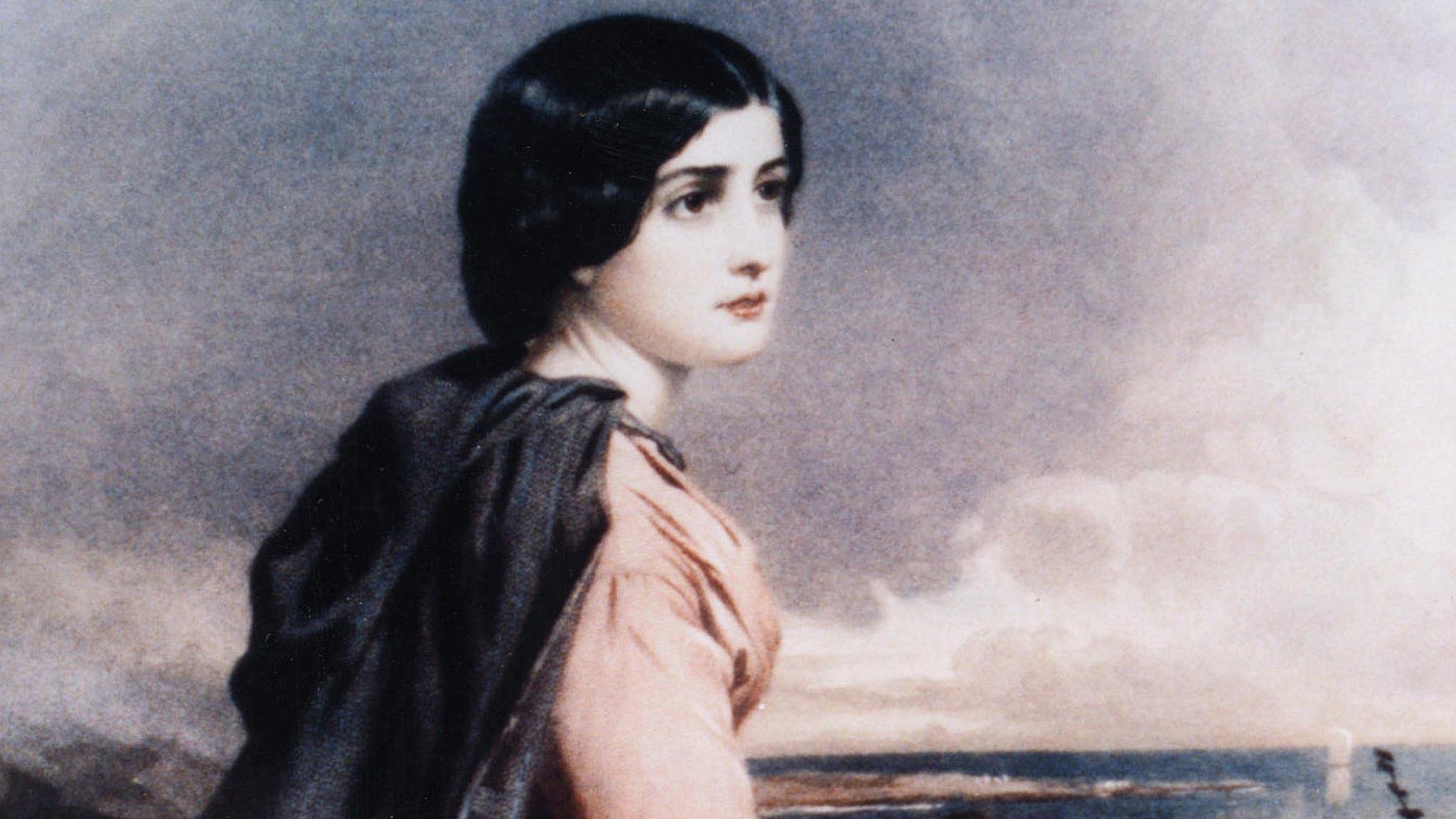
Evangeline's Quest
1996
0h 54m
0.0(0 votes)
Documentary
Overview
Explores the creation of Henry Wadsworth Longfellow’s poem, “Evangeline: A Tale of Acadie,” and the phenomenon it became.
Links & Resources
Social & External
Production Companies


Explores the creation of Henry Wadsworth Longfellow’s poem, “Evangeline: A Tale of Acadie,” and the phenomenon it became.
Social & External
